Guochun Chen
A Cross-City Federated Transfer Learning Framework: A Case Study on Urban Region Profiling
May 31, 2022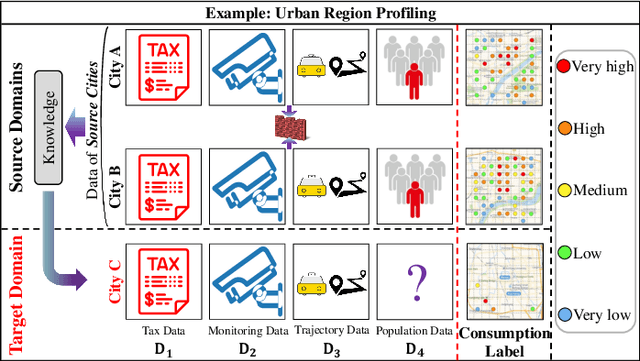
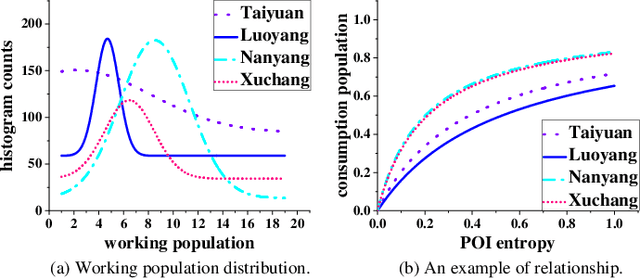
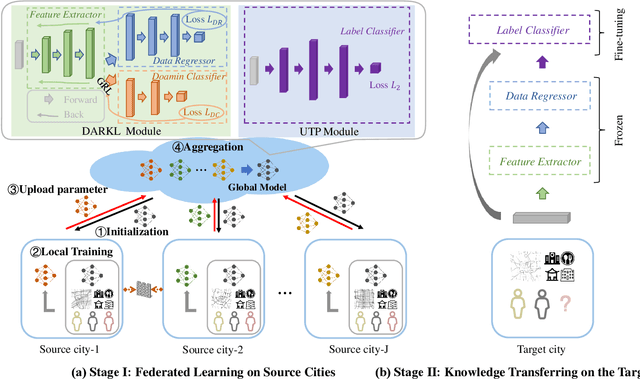
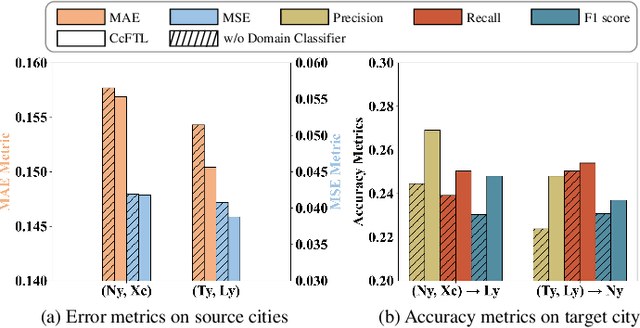
Abstract:Data insufficiency problem (i.e., data missing and label scarcity issues) caused by inadequate services and infrastructures or unbalanced development levels of cities has seriously affected the urban computing tasks in real scenarios. Prior transfer learning methods inspire an elegant solution to the data insufficiency, but are only concerned with one kind of insufficiency issue and fail to fully explore these two issues existing in the real world. In addition, cross-city transfer in existing methods overlooks the inter-city data privacy which is a public concern in practical application. To address the above challenging problems, we propose a novel Cross-city Federated Transfer Learning framework (CcFTL) to cope with the data insufficiency and privacy problems. Concretely, CcFTL transfers the relational knowledge from multiple rich-data source cities to the target city. Besides, the model parameters specific to the target task are firstly trained on the source data and then fine-tuned to the target city by parameter transfer. With our adaptation of federated training and homomorphic encryption settings, CcFTL can effectively deal with the data privacy problem among cities. We take the urban region profiling as an application of smart cities and evaluate the proposed method with a real-world study. The experiments demonstrate the notable superiority of our framework over several competitive state-of-the-art models.
POI Alias Discovery in Delivery Addresses using User Locations
Sep 20, 2021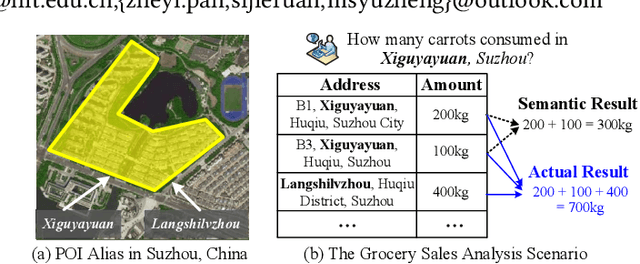
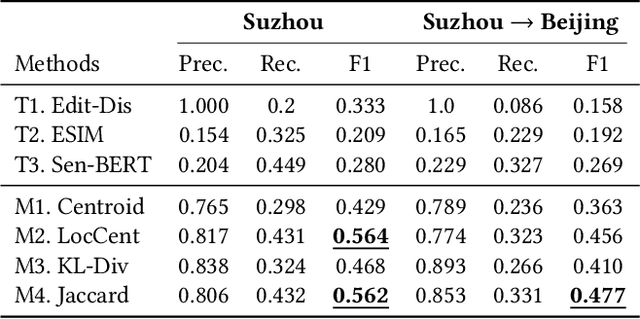
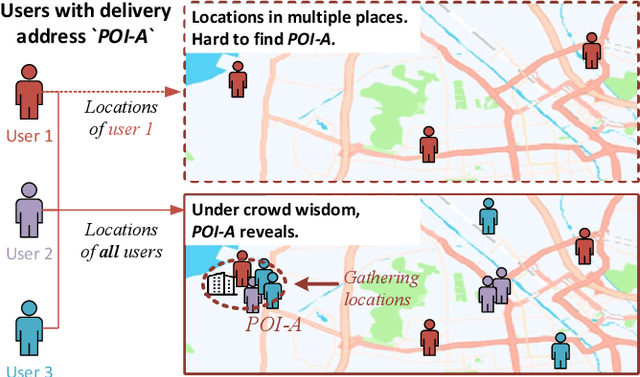
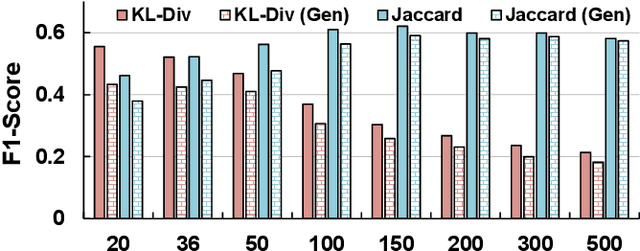
Abstract:People often refer to a place of interest (POI) by an alias. In e-commerce scenarios, the POI alias problem affects the quality of the delivery address of online orders, bringing substantial challenges to intelligent logistics systems and market decision-making. Labeling the aliases of POIs involves heavy human labor, which is inefficient and expensive. Inspired by the observation that the users' GPS locations are highly related to their delivery address, we propose a ubiquitous alias discovery framework. Firstly, for each POI name in delivery addresses, the location data of its associated users, namely Mobility Profile are extracted. Then, we identify the alias relationship by modeling the similarity of mobility profiles. Comprehensive experiments on the large-scale location data and delivery address data from JD logistics validate the effectiveness.
 Add to Chrome
Add to Chrome Add to Firefox
Add to Firefox Add to Edge
Add to Edge